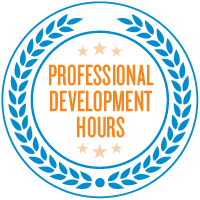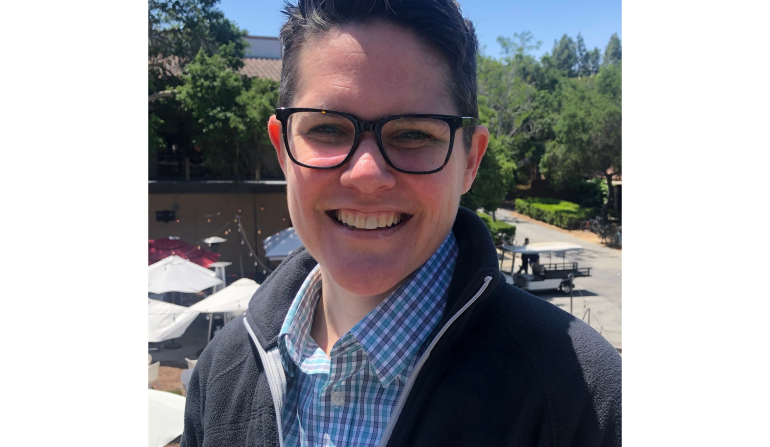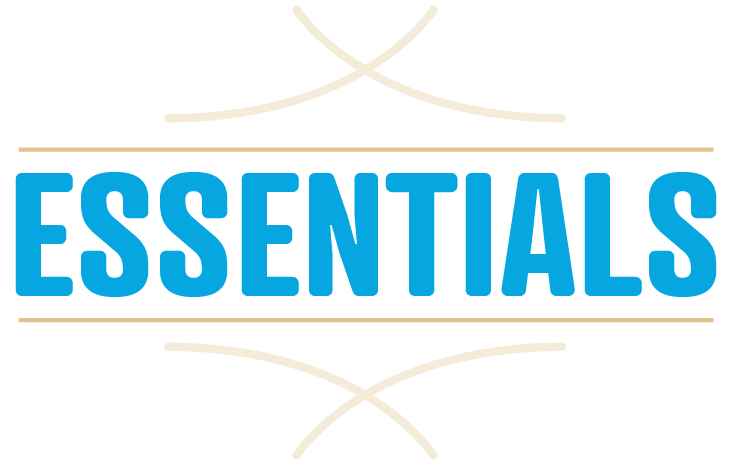Essentials of Inclusive Classrooms is designed to prepare participants to create inclusive spaces and equitable outcomes for their students and to enhance their understanding of strategies for developing and implementing course materials and teaching strategies that are more accessible, inclusive, and effective for all students.

Type: Instructor-Led Course
Delivery Method: Live Online
Level: Foundational
Duration: 8 hours
Pricing
ASEE Member: $750
Non-Member: $850
Groups of 5+ receive 10% off
Email us to register a group!

Overview
Essentials of Inclusive Classrooms is an instructor-led online course for educators who seek to create more inclusive spaces and equitable outcomes for their students. During this course, participants will learn how societal power structures impact teaching and learning spaces, how to recognize common exclusionary and inequitable practices and policies, and how to implement more inclusive and equitable strategies when designing their courses and assignments and interacting with students.
What impact do you want your teaching to have in the world? How can engineering educators design a more just future? In this course we will build a supportive community of educators, connect back to our core motivations to teach, and re-ignite connection to all students.
Moving beyond high-level theory, this course emphasizes the use of evidence-based strategies that result in more inclusive environments and equitable outcomes for students. By the end of this course, participants will have the frameworks and knowledge to develop relationships, assignments, and course plans that are more welcoming, accessible, and fair for every learner. Learn inclusive and equitable tools in community and have a supportive and non-judgmental space to grow as an educator.
This workshop takes place over four 2-hour instructor-led sessions. Throughout the course, there will be numerous opportunities to interact with the facilitator team and other participants, homework assignments to immediately apply strategies, and ample time for reflection, questions, and feedback.
How You Will Benefit
– You will be able to apply evidence-based concepts and strategies to your course materials, assignments, and syllabi with special attention to inclusion and equity in engineering.
– You will engage with and learn from a like-minded network of professionals outside of your university and discipline.
– You will learn how social structures and personal experiences influence approaches to teaching and learning.
– You will receive the knowledge and tools to help you build a more safe, welcoming, and inclusive learning environment for all students.
Intended Audience
This workshop is intended for engineering and STEM educators in higher education who seek to create more inclusive spaces, equitable outcomes, and a more just world through their work in engineering education.
Learning Outcomes
By the end of this workshop, you will be able to:
- Implement strategies to make course materials, assignments, and teaching strategies more accessible, inclusive, and effective for all students, especially those from marginalized backgrounds.
- Revise a syllabus to incorporate equitable and inclusive interventions at each stage of the course as well as equitable assessment structures that align with course learning objectives.
- Analyze the function of engineering in social justice pursuits and how diversity and inclusion can enrich engineering practice.
- Describe your intersecting identities, their relationship to societal power structures, and how they influence your thoughts, attitudes, and behavior in teaching and learning settings. Make the corresponding adjustments to your pedagogical approaches.
- Self-assess your own teaching practice with an inclusion and equity lens.
- Assess students’ needs using an anti-deficit lens and make appropriate course corrections.
Session I: Starting with the Individual: Social Location, Power, and Privilege
- Dreaming big for engineering equity
- Social location and positionality
- Social identity wheel and intersectionality
- Power and privilege
Session II: Interpersonal Practices: Facilitation and Assignment Design
- Cross cultural communication
- Accessible assignment design
- Universal Design for Learning
- Equitable classroom strategies
Session III: Institutional Change: Integrating Diversity, Equity, Inclusion, and Belonging in Course Design
- Equity interventions at each stage of a course
- Rubrics and feedback
- Contract grading
- Aligning grading with learning goals
- Supportive course policies
Session IV: Structural Implications: Engineering and Social Justice
- The value of diverse teams
- The economic case for diversity
- Innovation for social and public good
 Dr. Amanda Modell creates supportive opportunities for educators and professionals to maximize their professional development through accessibility, mindfulness, and equity. She currently serves as the Associate Director, Graduate Teaching Programs at Stanford University’s Center for Teaching and Learning and maintains a consulting practice in which she works with major Silicon Valley organizations to foster professional development through inclusive and equity-focused strategies.
Dr. Amanda Modell creates supportive opportunities for educators and professionals to maximize their professional development through accessibility, mindfulness, and equity. She currently serves as the Associate Director, Graduate Teaching Programs at Stanford University’s Center for Teaching and Learning and maintains a consulting practice in which she works with major Silicon Valley organizations to foster professional development through inclusive and equity-focused strategies.
Amanda is a proud queer person with a psychological disability and ties to the U.S. South; she also earned a PhD in Cultural Studies from the University of California, Davis with a Designated Emphasis in Feminist Theory and Research. She has contributed her work to New Directions in Teaching and Learning, the Professional and Organizational Development (POD) Network, and the American Society for Engineering Education. Amanda lives in the Northern California mountains with her little rescue dog Dezzy and enjoys meditation, yoga, making extensive Spotify playlists, and engaging in all things outdoors.
Requirements and Resources
Pre-Work: You will complete a pre-program assignment related to the program’s learning outcomes.
Supplemental Resources: You will be provided with (1) a participant guide, (2) presentation slides, and (3) workshop recordings.
Attendance and Completion
Full and active participation will enhance the learning experience for all participants. At the end of the program, you will receive a certificate of completion via email. Professional development hours (PDH) will be provided upon request.
Terms and Policies
If you have questions, please contact learning@asee.org.
Coming soon.

